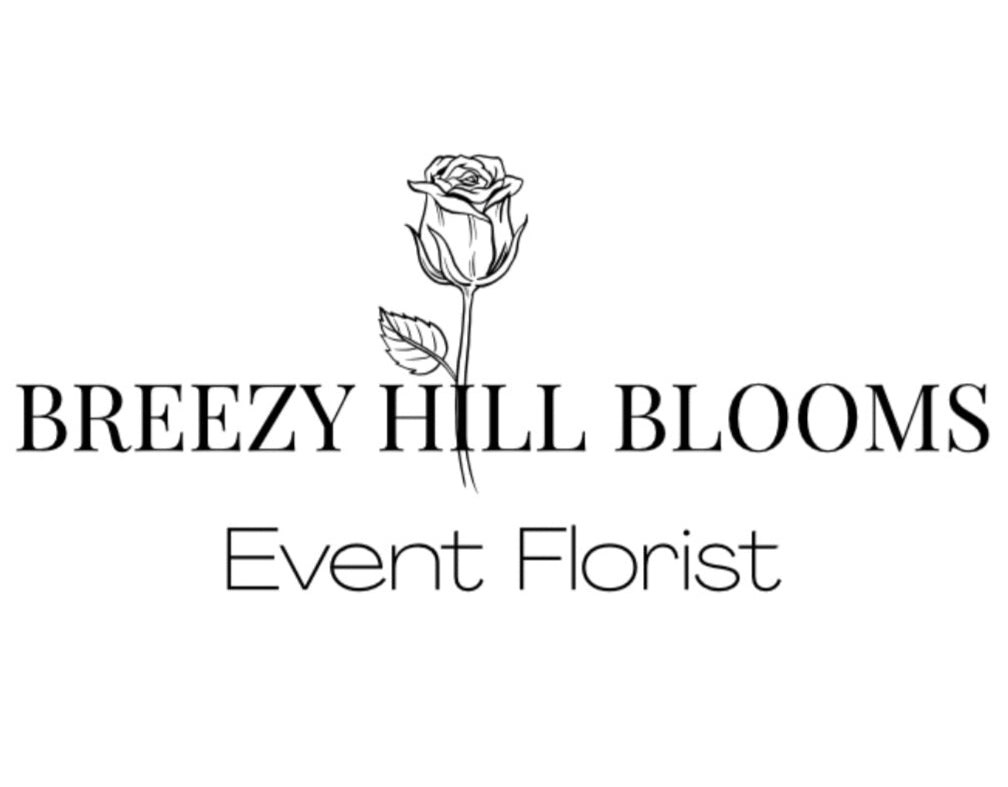Why shop at your local Farmer-Florist
October 27th, 2021
Since starting our specialty cut flower farm in our small town – we realized how much of a “niche” type of production farm it is for Hoosick Falls, NY.
You may be wondering, “What is the difference between a flower farm and florist, and what is a farmer-florist?”
Let’s start off describing your typical florist, which can often be found in most towns or cities. A commercial florist provides services and products utilizing floral design practices. The products and flowers are wholesaled from various distributors.
Flowers can be sourced locally from a flower farm or purchased through a wholesale distributor.
Carnations, roses and alstroemeria are the most popular imported flowers you’ve probably noticed, as you see them at every trip to the grocer or buying a corsage at the local florist. Approximately, a whopping 82-90% of flowers are imported. With all due respect, keeping up with the world’s demand for flowers involves an intricate process. Can you think back to an annual homecoming or any of the 2.5 million weddings that happen each year that weren’t dressed in floral design? Behind the beautiful bouquets and centerpieces can be a significant environmental and human cost build up. The global flower trade is rapid and episodic, which amplifies the industries environmental footprint. The ideal transportation includes getting a pre-blooming flower from field to vase within 48 hours. Due to international production and airport processes, flowers can lose up to 15% of their value. On top of pollutants and water use by industrial-scale greenhouses, flowers can generate serious carbon emissions because of refrigeration and long-haul transport. Stems may be transported up to 6,000 miles in refrigerated airplane compartments. In 2018 alone, Valentine’s Day flowers grown in Colombia and flown to US airports produced about 260,000 metric tons of C02, according to estimates by the International Council on Clean Transportation. As put into perspective, that’s roughly equivalent to 78,000 cars driven for one year.
As mentioned previously, flower farmers produce flowers for professional designers and florists for wholesale or another market for exchange of profit. Many assume flower farms have fields and fields of wildflowers. When in fact, farmers may have spread a packet of wildflowers on the perimeter of a field plot just to simply enjoy, but flower farms grow varieties made for cut flower production. Simply because, cut flowers are cultivars that are bred with traits suitable for production, vase life and bloom size. Whereas wildflowers tend to have short vase life, wilting properties, a non-sturdy stem, and smaller blooms! Flower farms are typically under 5 acres, containing about 15,000-25,000 plants per acre. Monoculture wholesale farms are generally about 10 acres, found outside the US. Within North America, California dominates in flower production due to its favorable Mediterranean climate, allowing year-round production of an enormous variety of flowers. Today Columbia, Ecuador and Netherlands respectively are the worlds predominant commodity producers. In comparison to other agricultural commodities floriculture and cut flowers sits just above the tobacco industry.
Not all flower farms offer design services, as the focus is on most farms is production. A flower farm focuses on flower care and post-harvest science to provide an adequate product for additional use of the life of the plant. Professional designers, florists and DIY consumers complete this process. This design concept can be difficult to differentiate as it’s becoming popular to purchase a hand bunched bouquet of local flowers at a road-side stand. However, the science involved with proper design techniques, is in fact a skill for professional designers and the industry of floristry. When you combine a flower farm with employees that have floristry experience, education and/or skill, you get a farmer-florist. A farmer-florist is a florist that produces their own flowers to be used in floral design services and products. Sourcing flowers from a local grower not only impedes the norm of nation-wide commercial practices, but….
Locally grown flowers promote agriculture within a community, support the town economy, provides local employment, and enhances the sustainability with our local resources. Commodities grown using sustainable techniques promote open green spaces, utilize water conservation, while preserving the soil texture for future generations.
At Breezy Hill Blooms, LLC we provide field-grown, specialty cut flowers for the surrounding local communities. Ranging from spring anemone and tulips to tender fall dahlias, giving a combined total of 98 different varieties. Alongside bouquets made to order for any occasion, we specialize in events, and DIY bouquet bar. Coinciding with a flower truck, which is soon to be upgrades - The 1st in Rensselaer County!
We encourage you, when you have the time, to reach out to local farmers to source your food, milk, and flowers.

